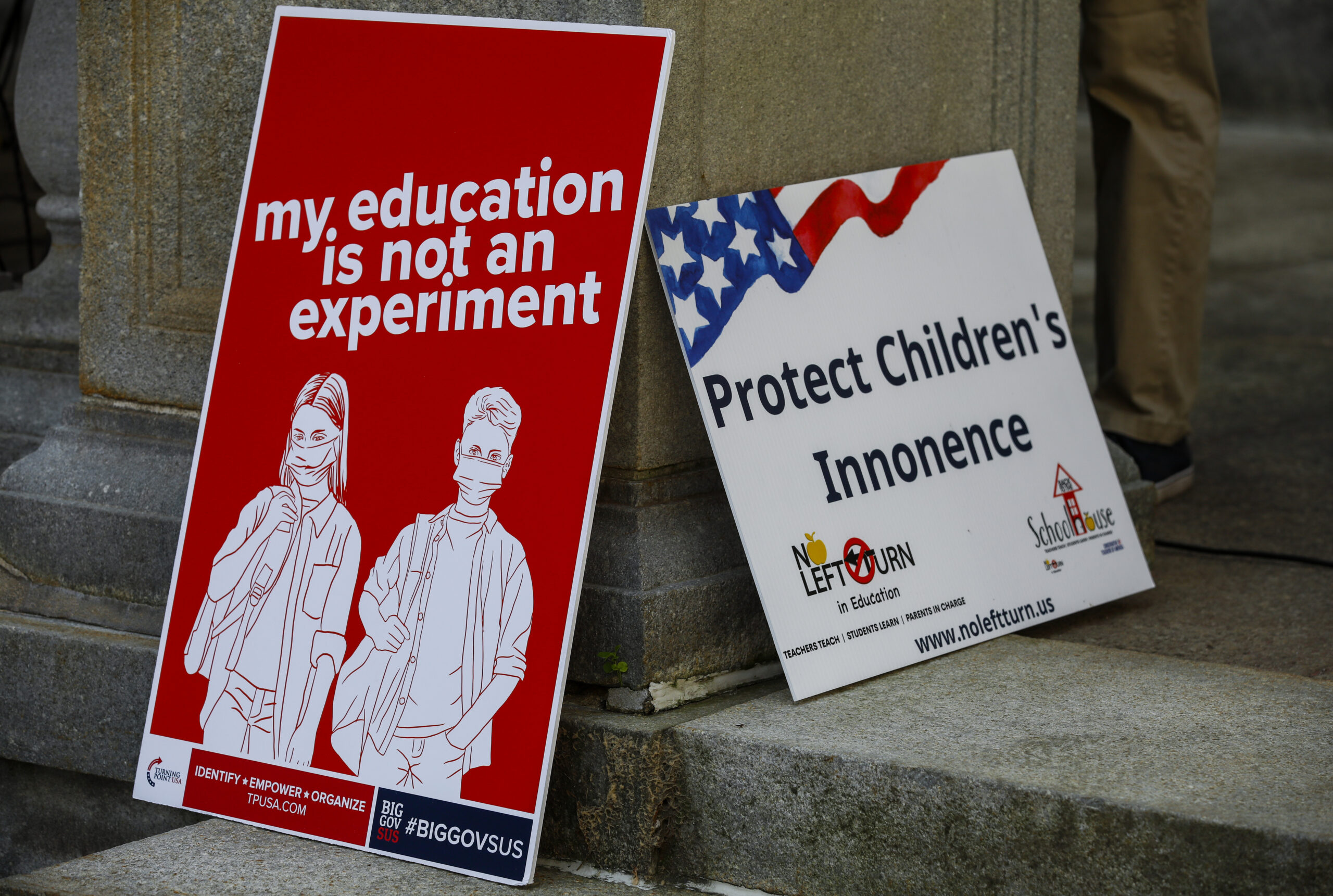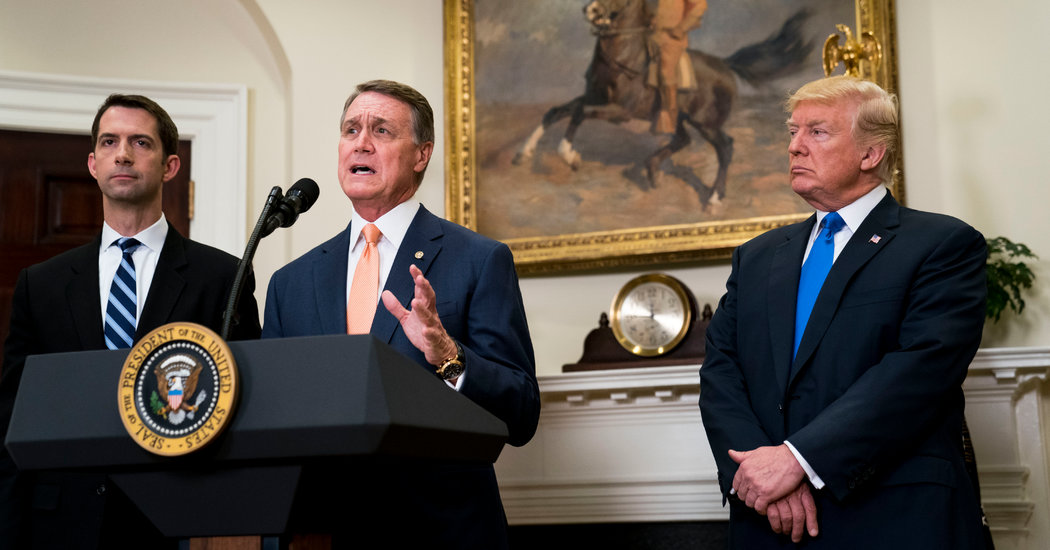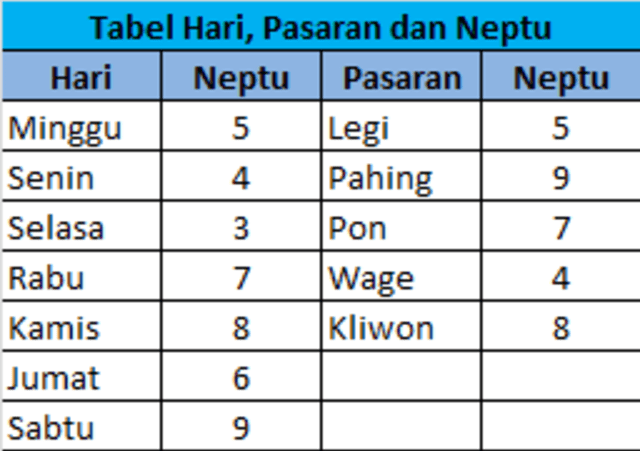Updated Sanctions: Switzerland Targets Russian Media Following EU Action

Table of Contents
Specific Media Outlets Sanctioned by Switzerland
The Swiss government's decision to sanction Russian media outlets represents a significant escalation in its response to the ongoing conflict in Ukraine. Specific outlets targeted include, but are not limited to, RT (Russia Today) and Sputnik. While official links to the precise list of sanctioned entities may vary depending on updates, referencing official government press releases and the Swiss Federal Council's website is recommended for the most up-to-date information.
-
Types of Sanctions Imposed: The sanctions imposed typically include asset freezes, effectively blocking the targeted media outlets from accessing Swiss-based assets. Furthermore, broadcasting bans prevent the dissemination of their content within Swiss territories. This includes restrictions on online platforms and traditional broadcasting channels.
-
Rationale Behind Targeting: The Swiss government's rationale stems from concerns about the spread of disinformation and propaganda emanating from these sanctioned media outlets. Official statements highlight the need to counter the deliberate manipulation of information and protect the Swiss public from biased or inaccurate reporting relating to the war in Ukraine. These actions are framed within a broader effort to combat the ongoing information warfare surrounding the conflict.
-
Impact on Propaganda Dissemination: The sanctions aim to significantly curb the reach of Russian propaganda within Switzerland. By limiting access to these influential media outlets, the Swiss government hopes to diminish the influence of Kremlin narratives and promote a more balanced and informed public discourse. This tackles the issue of media control exerted by Russia directly within Swiss borders.
Alignment with EU Sanctions and International Pressure
Switzerland's decision to sanction Russian media is directly linked to the EU's comprehensive sanctions package against Russia. The strong alignment reflects Switzerland's commitment to international cooperation and its acknowledgement of the geopolitical pressure to take a firmer stance against Russian aggression.
-
Influence of EU Sanctions: The EU's sanctions acted as a catalyst, prompting Switzerland to adopt similar measures to maintain consistency with its European partners. Switzerland, though not an EU member, has historically aligned its foreign policy with the EU, particularly on matters of security and international law.
-
International Pressure: The international community, including NATO allies and numerous non-aligned countries, exerted significant pressure on Switzerland to take stronger action against Russia. This pressure highlighted the global consensus on the need to hold Russia accountable for its actions and limit the impact of its propaganda.
-
Specific EU Sanctions prompting action: The EU's sanctions targeting disinformation campaigns and specifically named media outlets, coupled with the broader financial and political penalties imposed on Russia, created a compelling backdrop for Switzerland’s own stricter response.
Impact and Implications of the Swiss Sanctions on Russian Media
The Swiss sanctions on Russian media have significant consequences for both the targeted outlets and the broader media landscape within Switzerland.
-
Consequences for Sanctioned Media: These sanctions present significant financial and operational challenges for the sanctioned media outlets. Asset freezes restrict their ability to operate within Switzerland, impacting their revenue streams and potentially forcing staff reductions or the complete cessation of operations in the country.
-
Impact on Freedom of Information: While aiming to curb disinformation, the sanctions raise concerns regarding the freedom of information in Switzerland. Critics argue that these measures could limit access to diverse perspectives and potentially contribute to media censorship. This necessitates a careful balancing act between combating disinformation and safeguarding freedom of the press.
-
Potential Russian Reactions: The Swiss government anticipates potential reactions from Russia, including diplomatic protests and attempts to circumvent the imposed sanctions. The implications for Swiss-Russian relations remain a critical aspect requiring ongoing monitoring and diplomatic engagement.
Swiss Public Opinion and the Sanctions
Public opinion in Switzerland towards the new sanctions is complex, reflecting the country’s tradition of neutrality. While there is general support for condemning the war in Ukraine, some sections express concerns about the potential impact on freedom of expression and Switzerland’s neutral stance. Further research into public opinion polls and surveys would be beneficial to gain a more precise understanding of this dynamic situation. The keywords "Swiss neutrality" and "domestic response" to sanctions warrant ongoing attention.
Future Outlook and Potential for Further Sanctions
The updated sanctions on Russian media represent a notable shift in Swiss foreign policy, indicating a willingness to engage more actively in countering Russian aggression. Future sanctions targeting other sectors of the Russian economy or individuals connected to the Kremlin are not ruled out.
-
Potential for Future Sanctions: The Swiss government may expand its sanctions regime based on future developments in the war in Ukraine and in response to potential further escalations of the conflict or continued disinformation campaigns.
-
Shift in Swiss Foreign Policy: This move suggests a possible recalibration of Switzerland’s traditional neutral stance, prioritizing international cooperation in responding to significant threats to global peace and security. The geopolitical implications of this evolution deserve careful consideration.
-
Possible Future Targets: Potential future targets for Swiss sanctions could include Russian state-owned enterprises involved in energy, finance, or arms manufacturing, as well as individuals involved in directing or supporting the war effort.
Conclusion
In conclusion, Switzerland's updated sanctions targeting Russian media represent a significant development in the country’s response to the war in Ukraine. This alignment with EU actions reflects a shift towards stronger international cooperation and a determination to combat the spread of Russian propaganda. The sanctions have far-reaching implications for the media landscape in Switzerland, raising questions about freedom of information and the potential for future escalations. Understanding the impact of Switzerland sanctions Russian media is crucial in comprehending the multifaceted dynamics of the ongoing geopolitical conflict. Stay informed about the evolving situation regarding Switzerland sanctions Russian media by following reputable news sources and official government announcements. Understanding these sanctions and their impact is crucial for navigating the complexities of the ongoing geopolitical conflict.

Featured Posts
-
 Lgbtq Books In Elementary Schools Supreme Court To Rule On Parental Notification Policy
Apr 23, 2025
Lgbtq Books In Elementary Schools Supreme Court To Rule On Parental Notification Policy
Apr 23, 2025 -
 Impact Of Trump Administration On Canadian Immigration To The United States
Apr 23, 2025
Impact Of Trump Administration On Canadian Immigration To The United States
Apr 23, 2025 -
 Kecocokan Jodoh Weton Senin Legi Dan Rabu Pon Panduan Primbon Jawa
Apr 23, 2025
Kecocokan Jodoh Weton Senin Legi Dan Rabu Pon Panduan Primbon Jawa
Apr 23, 2025 -
 18h Eco Lundi 14 Avril
Apr 23, 2025
18h Eco Lundi 14 Avril
Apr 23, 2025 -
 Market Volatility Dow Futures And Gold Prices React To Tariffs And Fed Policy
Apr 23, 2025
Market Volatility Dow Futures And Gold Prices React To Tariffs And Fed Policy
Apr 23, 2025
